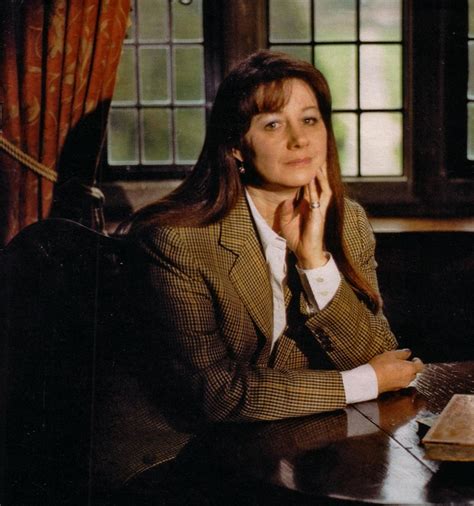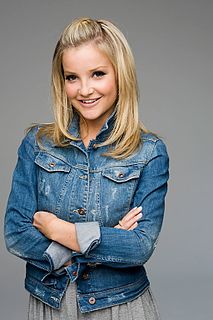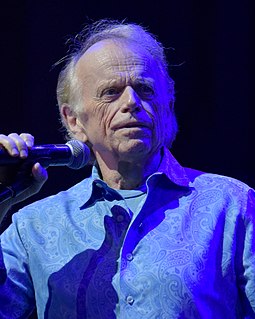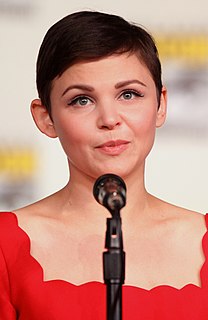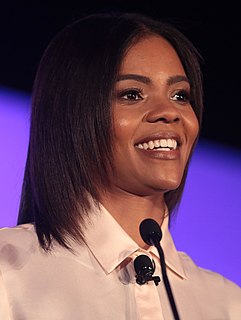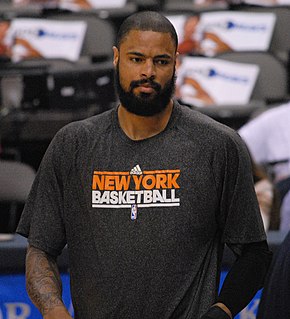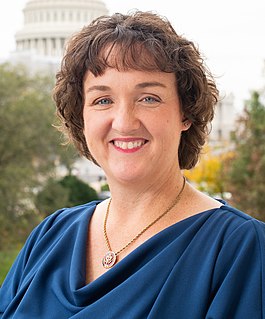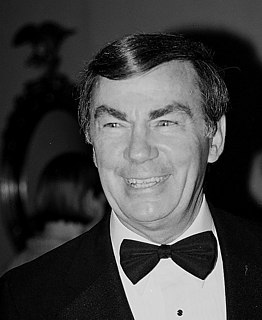A Quote by Sandra Lerner
We had a small farm growing up. It was my grandfather's farm, and we didn't torture the animals, and we didn't feed them stuff we wouldn't eat.
Quote Topics
Related Quotes
My parents moved to Los Angeles when I was really young, but I spent every summer with my grandparents, and I'd stay with my grandfather on the farm in Longview. He was retired from the railroad, and he had a small farm with some cows and some pigs. I remember part of my youth was feeding hogs and plowing fields and stuff, so that's a part of me.
Growing up on a farm taught me a reverence for all forms of life. We were a large and poor farm family, so that meant that we had to kill and eat our animal friends. When you do that you are aware of the sacrifice that someone is making so that you may live. My mother always made sure we were thankful for those precious gifts.
I learned conservatism through my grandfather; I didn't know that was the name. I didn't know these were conservative principles. Starting his life on a sharecropping farm. Working tremendously hard. Five years old, picking cotton and laying tobacco out to dry on a farm, and today he now owns that farm.
I often pass a farm with cows grazing in the field and I think to myself how terrible it is that human beings grow other animals just to kill them and eat them. Most of us think of vegetarians as nuts and I'm not a vegetarian but I wouldn't be surprised if we came to a time in 50 or 100 years when civilized people everywhere refused to eat animals.
I used to help my grandfather on the farm, driving tractors, raising crops and animals. I used to feed some of the baby cows and pigs, and I had to be no older than 7 or 8. Then at about 9 or 10 I started driving tractors. It showed me at an early age what hard work was all about and how dedicated you have to be, no matter what you do.
It is an indication of the extent to which people are now isolated from the animals they eat that children brought up on storybooks that lead them to think of a farm as a place where animals wander around freely in idyllic conditions might be able to live out their entire lives without ever being forced to revise this rosy image.
Some meat eaters defend meat eating by pointing out that it is natural: in the wild, animals eat one another. The animals that end up on our breakfast, lunch, and dinner plates, however, aren't those who normally eat other animals. The animals we exploit for food are not the lions and tigers and bears of the world. For the most part, we eat the gentle vegan animals. However, on today's farms, we actually force them to become meat eaters by making them eat feed containing the rendered remains of other animals, which they would never eat in the wild.
